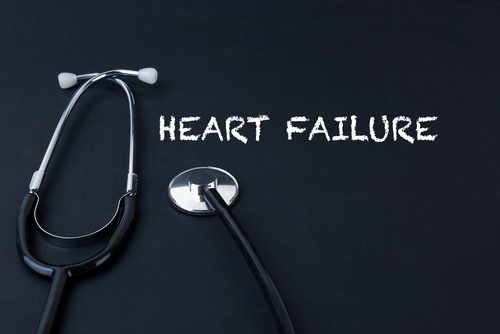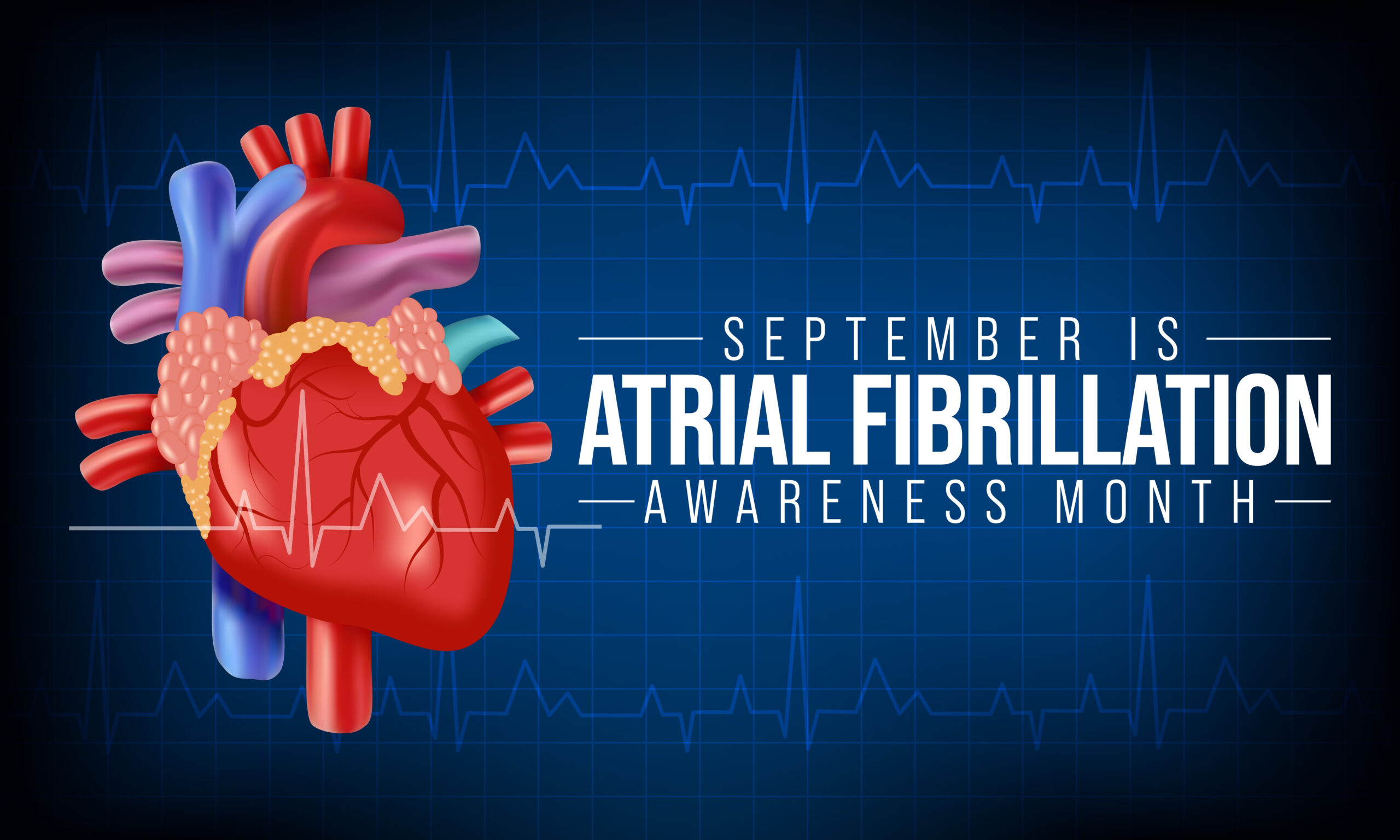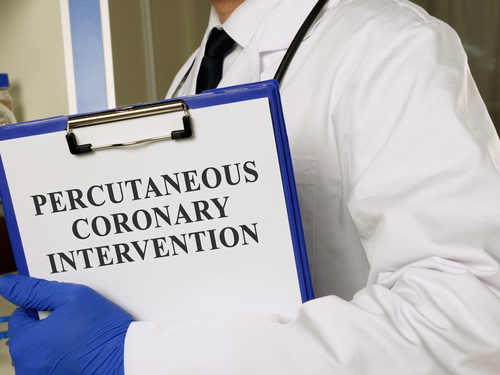
The never-ending demands of the weekdays, influenced by both work and school schedules, can have a deleterious impact on sleep health. A new study presented at ESC Congress 2024 shows that people that ‘catch up’ on their sleep during the weekends have a considerably lower risk of heart disease.
“Sufficient compensatory sleep is linked to a lower risk of heart disease,” said study co-author Mr Yanjun Song of the State Key Laboratory of Infectious Disease, Fuwai Hospital, National Centre for Cardiovascular Disease, Beijing, China via a press release. “The association becomes even more pronounced among individuals who regularly experience inadequate sleep on weekdays.”
To discern the relationship between compensated weekend sleep and heart health, researchers utilized data from the UK Biobank project to assess 90,903 subjects. They recorded data using accelerometers and grouped by quartiles (divided into four approximately equal groups from most compensated sleep to least). Q1 (n = 22,475 was the least compensated, having -16.05 hours to -0.26 hours (ie, having even less sleep); Q2 (n = 22,901) had -0.26 to +0.45 hours; Q3 (n=22,692) had +0.45 to +1.28 hours, and Q4 (n=22,695) had the most compensatory sleep (1.28 to 16.06 hours), they noted.
The researchers found that sleep deprivation was self-reported (defined as less than 7 hours of sleep per night) in almost 22% of participants. The rest of the cohort may have experienced occasional sleep problems, but overall they did not meet the criteria of sleep deprivation, which the researchers noted as a study limitation. .
The findings showed that participants in the group with the most compensatory sleep were nearly 20% less likely to develop heart disease than those with the least. Moreover, the results of subgroup analysis showed that among people with daily sleep deprivation, those with the most compensatory sleep had a 20% lower risk of developing heart disease than those with the least.
Co-author Mr Zechen Liu, also of State Key Laboratory of Infectious Disease, Fuwai Hospital, National Centre for Cardiovascular Disease, Beijing, China, said of the findings: “Our results show that for the significant proportion of the population in modern society that suffers from sleep deprivation, those who have the most ‘catch-up’ sleep at weekends have significantly lower rates of heart disease than those with the least.”







 © 2025 Mashup Media, LLC, a Formedics Property. All Rights Reserved.
© 2025 Mashup Media, LLC, a Formedics Property. All Rights Reserved.